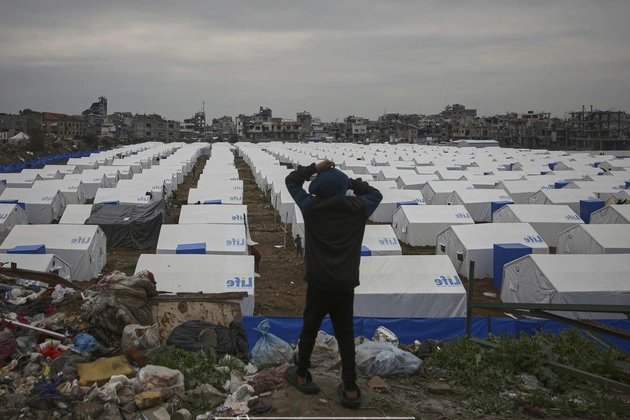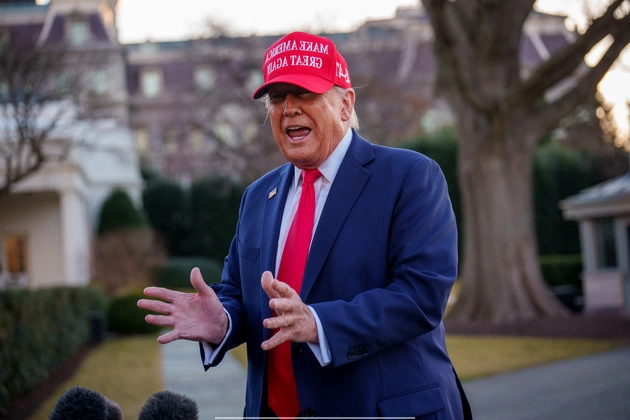
The U.S. State Department is taking a bold step by moving to designate Tren de Aragua, Sinaloa Cartel, and six other Latin American drug cartels and gangs as foreign terrorist organizations. This decision comes in response to an unpublished notice in the Federal Register posted on Wednesday.
Secretary of State Marco Rubio issued the notice, which is expected to be officially published on Thursday, indicating that these groups pose a threat to the country’s defense, international relations, or economic interests.
Combatting Transnational Drug Trade
Many of these cartels, such as Tren de Aragua and Sinaloa, have played a significant role in the transnational drug trade, flooding certain parts of the country with illicit fentanyl, cocaine, and other substances. Additionally, groups like the Cartel del Golfo have been involved in migrant smuggling activities, an issue that the Trump administration has been working to address.
By designating these organizations as foreign terrorist entities, the U.S. gains the ability to impose financial sanctions on them and individuals associated with them. Furthermore, this designation enables the U.S. to collaborate with allies in efforts to dismantle these cartels. It also allows for the designation of members of these groups as ‘inadmissible’ to the United States, making them ineligible for immigration benefits.
Sanctions and Their Impact
While the extent of these sanctions and their specific targets remain unclear, the implications of this move are significant. The State Department has yet to comment on these developments, leaving many questions unanswered.
This action follows President Donald Trump’s recent initiatives to crack down on cartels. In January, Trump signed an executive order establishing a framework for identifying cartels and other international groups as global terrorists if they pose a national security threat beyond traditional organized crime.
These measures could have far-reaching consequences for countries like El Salvador, which the U.S. is seeking to engage with on countermigration efforts. However, allegations of connections between El Salvador and certain gangs could complicate cooperation between the two nations.
Continued Efforts Against Cartels
The Trump administration has been actively pursuing actions against cartels since the president’s first term. Despite initial plans to designate Mexican cartels as terrorist organizations, Trump temporarily postponed this decision at the request of then-Mexican president Andres Manuel Lopez Obrador.
Now, with a renewed focus on combating cartels, the Trump administration is looking to intensify its efforts. Trump’s emphasis on securing the U.S.-Mexico border and dismantling cartels underscores his commitment to addressing the billions of dollars generated by these criminal organizations through illegal activities.
Senator Marco Rubio, speaking on a podcast with Megyn Kelly, highlighted the formidable presence of cartels and their impact on the U.S., emphasizing the urgency of addressing this threat.
Trade Relations and Security Concerns
In a related move, Trump recently threatened to impose tariffs on Mexico and Canada, citing concerns about the international drug trade. While the tariffs were initially met with opposition, including from within the Trump administration, they were ultimately suspended following commitments from Mexican President Claudia Sheinbaum and Canadian Prime Minister Justin Trudeau to bolster border security and combat crime.
The intersection of trade relations, security concerns, and the fight against cartels underscores the complexity of addressing these issues on a global scale.















